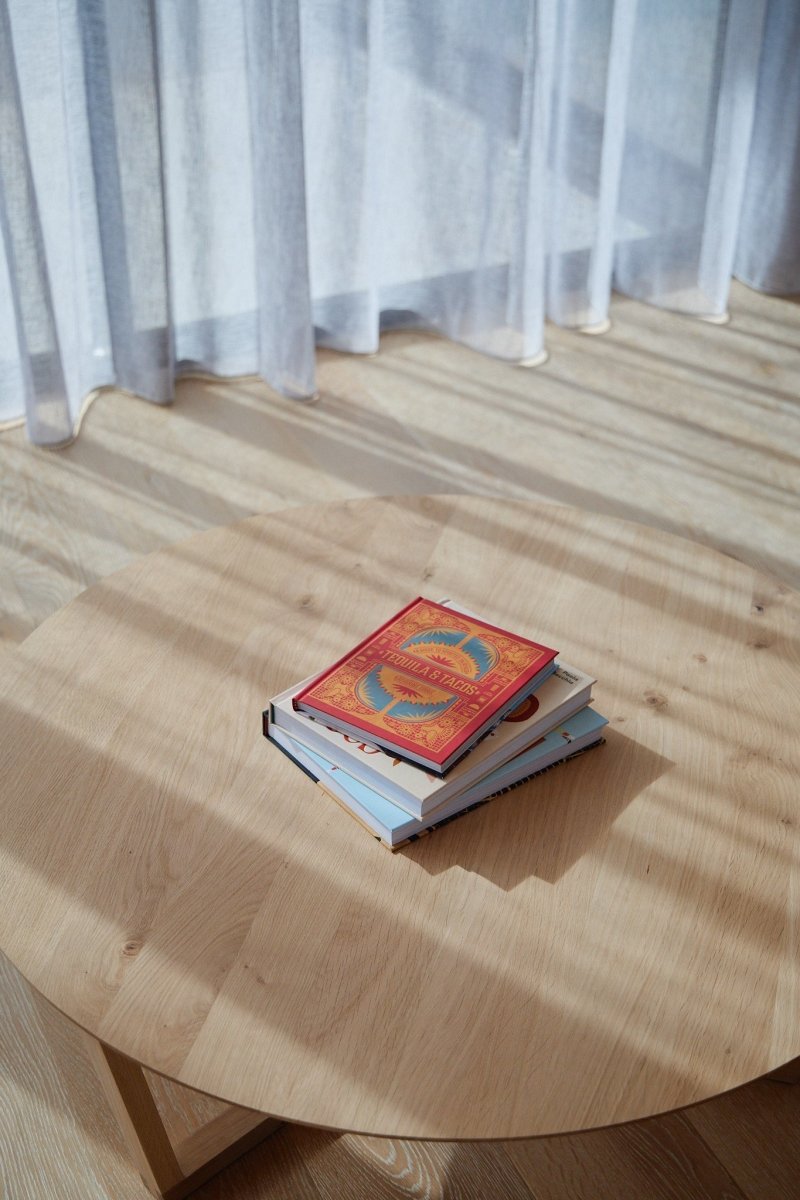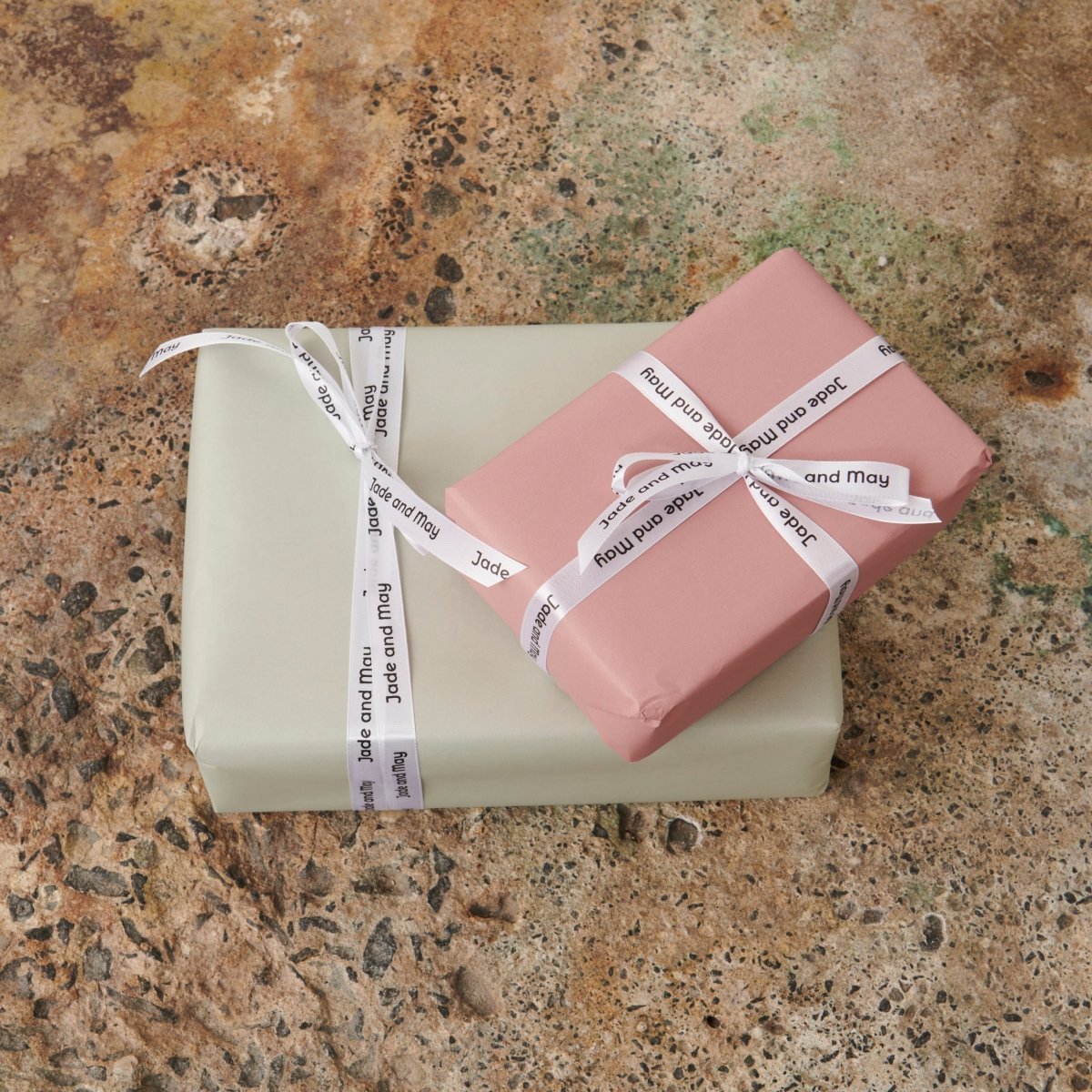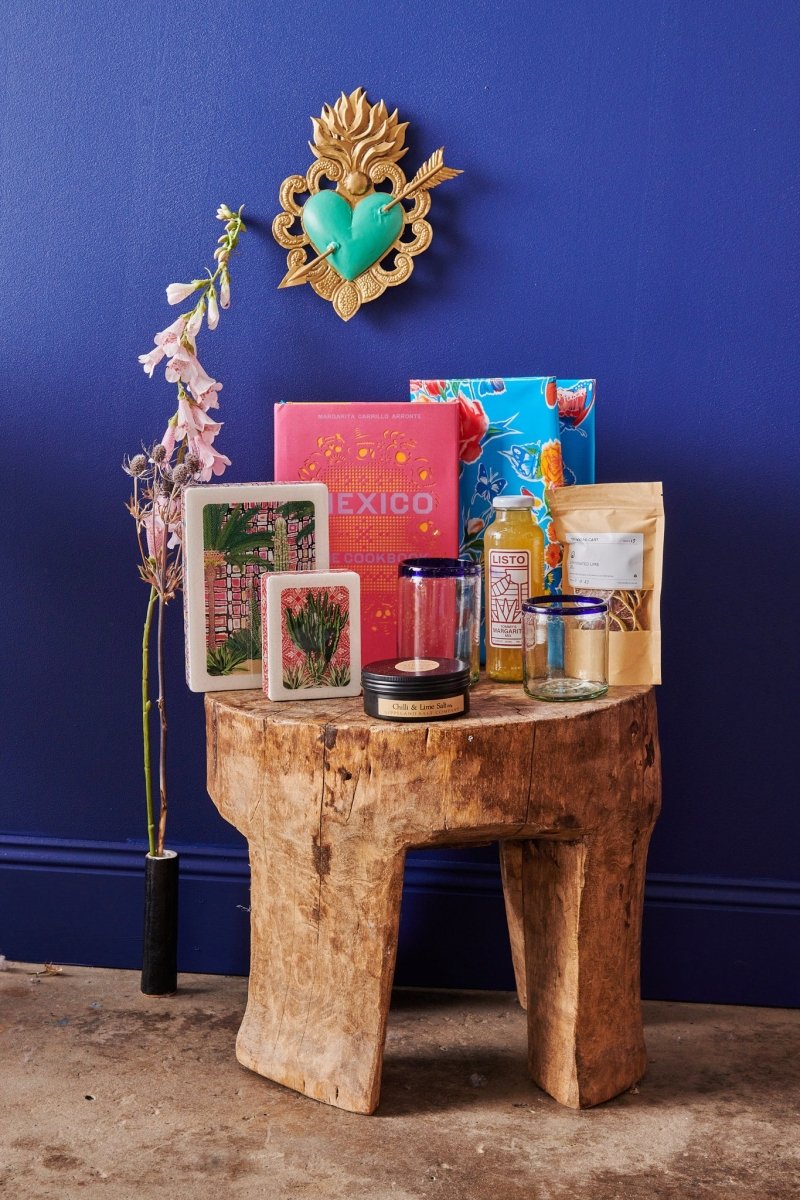Plants & Sleep. There's a link - who knew?
Plants & Sleep. There's a link - who knew?
There’s a myriad of reasons why people experience problems with sleep. Of late many of us have been using our bedrooms in more ways and for longer periods than ever before. As the Country reeled with the changes Covid wreaked including lockdowns and restrictions, our bedrooms found themselves centre stage in new situations such as hosting zoom meetings for work, video catch up with friends, hiding from remote learning students (surely not just me right?) and bingeing our way through series after series... and even as the Covid lockdowns are a distant (but so not forgotten, eek!) part of past, it seems our bad habits have stayed.
So maybe now is the time to reclaim the bedroom as a sanctuary space to enjoy the essential sleep we all need. Restorative sleep can help reduce anxiety, chronic stress, and hypertension and really help us fire on all cylinders to be able to make the most of what we love. And for many, plants may just be the key in obtaining this quality sleep. They absorb carbon dioxide, emit oxygen, filter air to remove pollutants and dust as well as humidify the air. All of this can add up to catching some restful zzzs.

When it comes to plants aiding sleep, here is a list of some of the power players:
Snake plant – This plant helps purify the air and also bucks the trend somewhat as one of the plants which convert carbon dioxide to oxygen overnight (instead of just during the day when most plants photosynthesize). It’s also suited to the typical bedroom environment as it’s ok with lower levels of light than some of the more fussy plants.
Aloe Vera – We’ve known of the healing properties of the Aloe Vera gel for centuries. This healing giant can also cleanse the air of toxins like benzenes and formaldehyde. Another plant that releases oxygen at night, therefore, improving air quality.
Gardenia or Lavender– These fragrant floral aromas can help create a relaxing environment and assist in reducing anxiety and stress which is a significant factor in many who struggle with sleep.
Areca palm - One of nature’s humidifiers in addition to its purifying toxins abilities. Releasing moisture into the air can help with the side effects suffered during colds or bouts of sinus. Tropical vibes with an easier breathing bonus.
English Ivy - Another air purifying dynamo (it was right up there in the NASA clean air study). English Ivy could be a good fit for those who experience allergies and asthma symptoms as it is highly regarded for it’s ability to reduce airborne contaminants including mould and faeces. As with all plants though, it’s best to check toxicity as this one is a definite no no if you’re concerned that kids or dogs might accidentally ingest it.

So now that you promise that your bedroom is now retiring somewhat from your social and workplace platforms, set yourself up for the best chance of a restful night.
Keep your bedroom fresh with regular airing, natural linen, a good mattress and pillows, but don’t forget that simply bringing in a few potted plants might not just make the bedroom prettier, but also help you breathe and sleep easier at night!



























